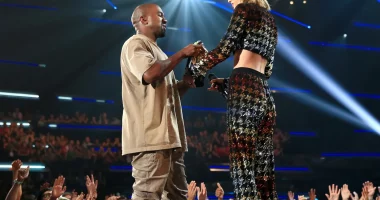Truss convinced 81,326 of about 170,000 Tory party members to vote for her and Sunak managed 60,399.

Graham Brady, the 1922 Committee chairman, said a little more than four out of five eligible voters participated.
Truss gave a short speech when her victory was announced shortly after 12.30pm (9.30pm AEST), promising to pursue a Conservative agenda focused on personal freedom and responsibility.
“We need to show that we will deliver over the next two years,” Truss said.
“I will deliver a bold plan to cut taxes and grow our economy.
“I will deliver on the energy crisis dealing with people’s energy bills, but also dealing with the long-term issues we have on energy supply.
“And I will deliver on the National Health Service.”
Sunak, on the other hand, had sought to paint himself as the more realistic economist, saying he would temporarily cut the value-added tax on energy bills. But he insisted that he wouldn’t “max out the country’s credit card” and said significant tax cuts should wait until inflation is under control.
Thanks in large part to global gas price volatility triggered by Russia’s invasion of Ukraine, the average UK household energy bill is jumping to more than $5800 a year – almost triple the level a year ago.

Inflation is above 10 per cent for the first time since the 1980s. The government is facing increasingly urgent calls to deliver financial support to help millions pay for essential heating and electricity to get through the winter.
The opposition Labour Party and other critics accuse the government of being “missing in action” during a summer of discontent that saw tens of thousands of rail staff, port and postal workers, lawyers and garbage collectors go on strike to demand better pay to keep up with spiralling costs.
While the economy is certain to dominate the first months of Truss’s term, she will also have to steer the UK on the international stage in the face of Russia’s war in Ukraine, an increasingly assertive China and ongoing tensions with the European Union over the aftermath of Brexit – especially in Northern Ireland.
She has talked tough as foreign secretary on all three main issues, though some analysts speculated she would tone down her robust rhetoric after becoming leader.









